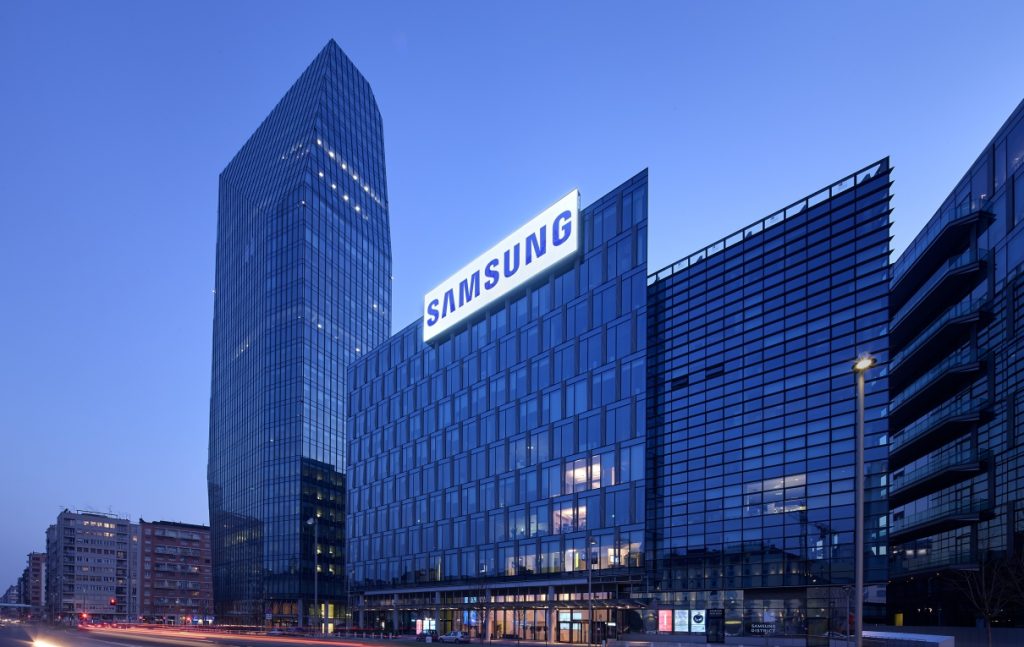Samsung, a prominent player in the semiconductor industry, is set to start mass production of high-bandwidth memory (HBM) chips for artificial intelligence (AI) applications later this year. The company is determined to close the gap with SK Hynix, a key competitor that currently leads the AI memory semiconductor market.

Market Dynamics: SK Hynix’s Lead and Samsung’s Ambitious Plans
As per reports from Korean media, Samsung plans to start mass-manufacturing HBM chips specifically designed for AI in the second half of 2023. In 2022, SK Hynix commanded approximately 50% of the HBM market, while Samsung held around 40% market share, with Micron accounting for the remaining 10%, according to TrendForce via The Korea Times. It is worth noting that the HBM market represents only about 1% of the entire DRAM segment.
However, with the anticipated growth of the AI market, the demand for HBM solutions is projected to rise. Samsung aims to catch up with SK Hynix by ramping up the production of its HBM3 chips, which boast 16GB and 24GB capacities. These advanced chips utilize a vertical stacking technique to combine multiple DRAM chips and can achieve speeds of up to 6.4Gbps.
While the term “AI” has garnered significant attention, the increasing adoption of AI servers underscores the need for high-bandwidth memory solutions. Samsung’s strategic move to mass-manufacture HBM3 chips aligns with the market’s shifting demands and positions the company to compete effectively in the evolving landscape of AI supercomputing.
With Samsung’s entry into mass production and its commitment to memory semiconductor-centered supercomputers by 2028, the race for dominance in AI memory semiconductors is expected to intensify.
RELATED:
- Samsung Galaxy M34 5G Key Features Teased Via Survey Ahead Of Launch
- Samsung’s New SeeColors Mode Helps Color Blind Users See the World as It Really Is
- Samsung Galaxy Z Flip 5 live image leaked ahead of launch
- Samsung Galaxy A24 vs Galaxy A34 vs Galaxy A54: Specs Comparison







